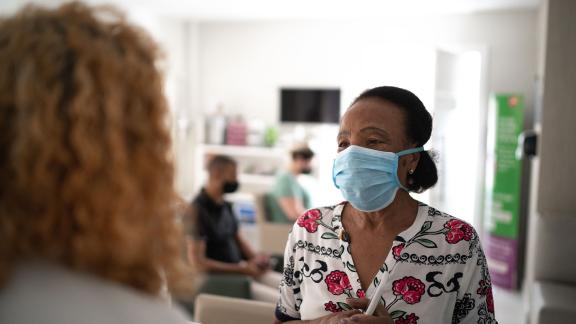NHS Confederation responds to data showing the impact of industrial action by junior doctors in June

Responding to the publication of statistics by NHS England detailing the impact of the latest industrial action taken by junior doctors Matthew Taylor, chief executive of the NHS Confederation, said:
“Once again, the NHS has found a way to go the extra mile to provide essential life and limb care while junior doctors took industrial action. Leaders are grateful for the work their teams put in during the 72-hour walkout, particularly to those who have stepped in to provide cover, but will be pleased this latest round of action is over.
“While we are pleased to see that around 46% fewer operations and appointments had to be cancelled this time round – a real testament to our members’ planning and efforts to fill shifts, as well as the fact that around 3,000 fewer junior doctors took part in the strikes each day compared to the last wave – there were still 108,602 cancellations, taking the total number cancelled due to recurring industrial action over the past seven months to 651,229.
“Many patients may end up back in primary care due to experiencing complications or a deterioration of their condition as a result of waiting longer for their operation, meaning that the NHS is still forced to store up problems for the future.
“Not only is this continuing standoff between government and junior doctors taking a toll on patient care and wellbeing, but on NHS finances. One provider has told us that during a previous round, the combination of additional staffing costs and lost activity cost them £500,000, so we are starting to see the financial impact beginning to bite.
“With demand for services high, pandemic recovery efforts in full swing, and finances already stretched to the limit, leaders will want to know how many more times this situation must be repeated. Coping with strikes cannot become business as usual; both the BMA and the government need to get back to the table immediately.”
About us
We are the membership organisation that brings together, supports and speaks for the whole healthcare system in England, Wales and Northern Ireland. The members we represent employ 1.5 million staff, care for more than 1 million patients a day and control £150 billion of public expenditure. We promote collaboration and partnership working as the key to improving population health, delivering high-quality care and reducing health inequalities.



